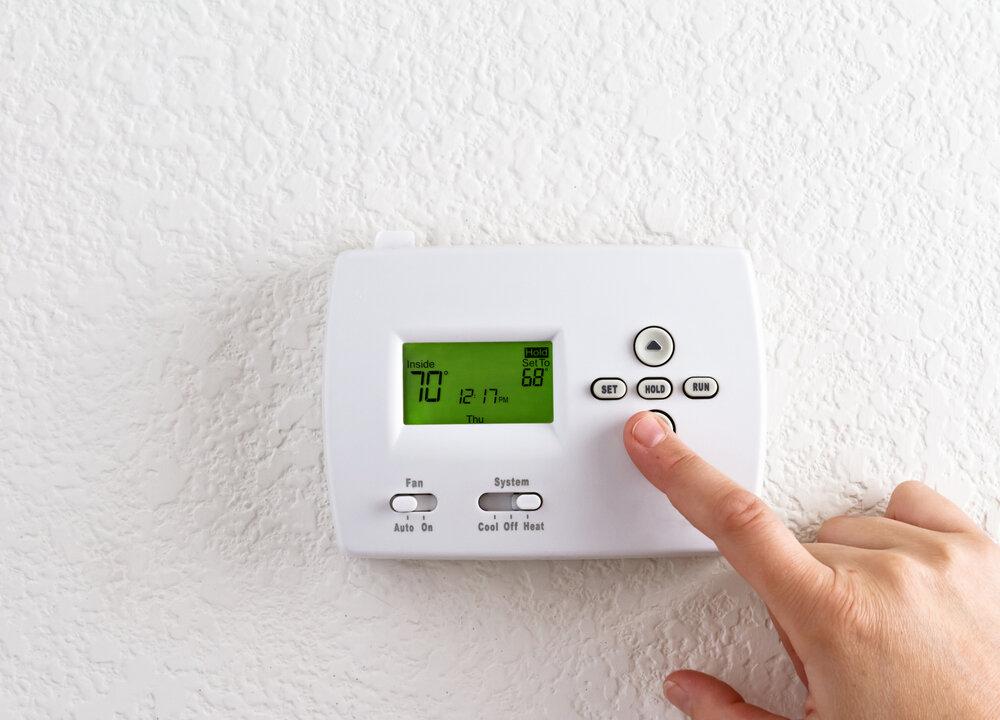With inflation, everything is looking up except the amount of money in your wallet. The cost of food, gas at the pump, goods, and services are all up noticeably. And although demand is lowering as the U.S. heating season ends, the cost of home heating oil is still on the rise.
A standard home heating oil tank is 275 gallons. In March 2021, the price of U.S. heating oil averaged $2.85 a gallon and it cost $790 to fill a standard tank. By March 28, 2022, it had climbed to $5.12 per gallon, or $1,410 to fill the same tank. That is $620 more than a year ago, according to numbers from the U.S. Energy Information Administration.





